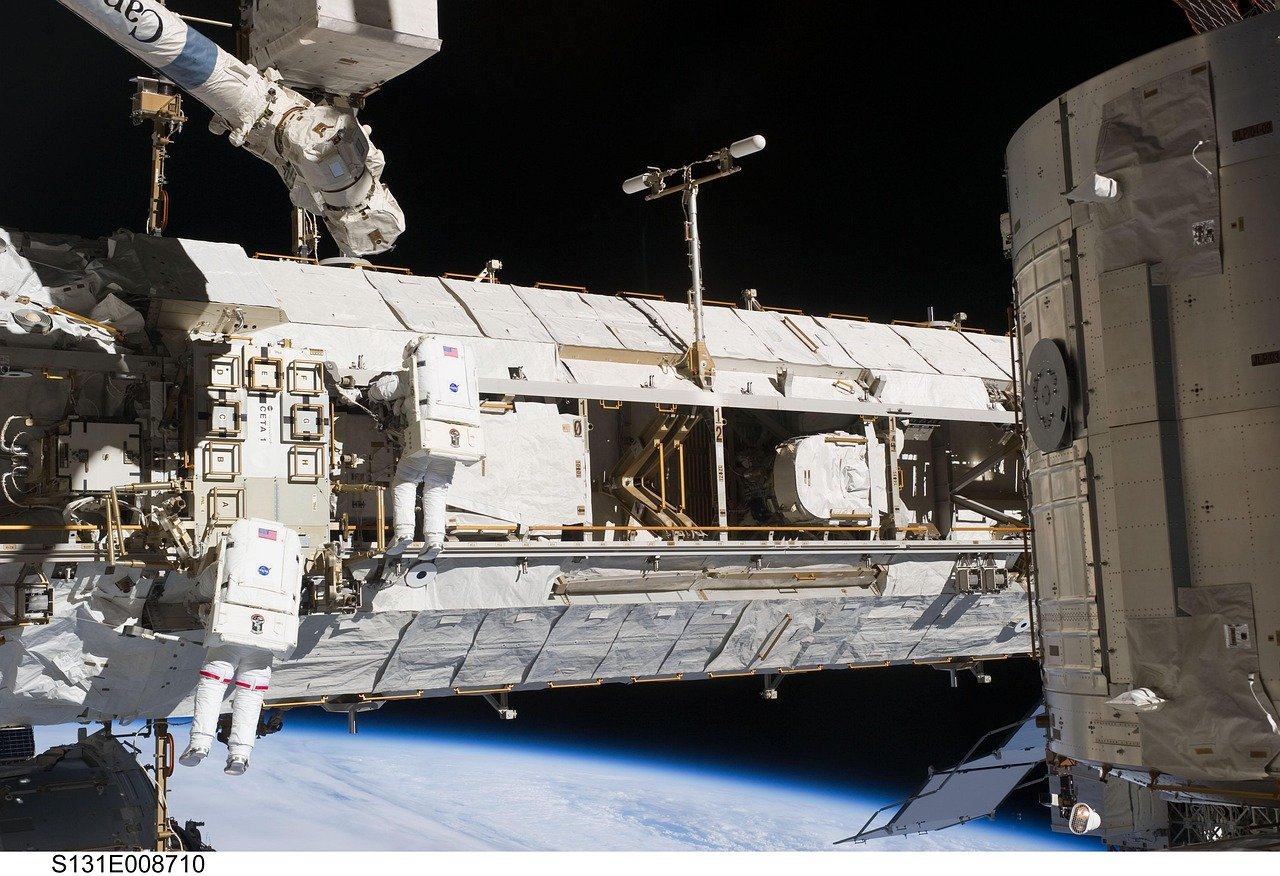Lithium-ion batteries play a crucial role in powering various everyday devices and electric vehicles. Additionally, they are integral to establishing a sustainable electric grid, storing renewable energy generated by wind turbines and solar panels. However, the high cost of lithium and its environmentally damaging mining process poses significant challenges.
Addressing the demand for improved battery technology has become a prominent concern for scientists. However, the quest for an alternative to this essential metal is potentially expensive and time-intensive.
AI could be a Beacon of Hope in the Pursuit of Advanced Battery Technology
Fortunately, Artificial intelligence stands out as a tool capable of expediting the discovery and testing of novel materials, offering a potential solution to this pressing issue.
Microsoft researchers have developed a battery with reduced reliance on the expensive mineral lithium, utilizing AI in its design. This innovative battery design incorporates up to 70 percent less lithium compared to certain competing models.
32.6 Million Battery Materials Explored in 80 Hours, Saving Two Decades in Research Time
The research team employed artificial intelligence and high-performance computing to sift through a staggering 32.6 million potential battery materials, including many not naturally occurring, in just 80 hours. The efficiency of this process is estimated to have saved approximately 20 years compared to traditional methods. These findings mark the beginning of an ambitious initiative to forge a new era of batteries with decreased dependence on environmentally harmful lithium.
The company shared top candidates with the government’s Pacific Northwest National Laboratory. Vijay Murugesan and his team at the laboratory then examined the most promising candidates and successfully built a prototype battery using a novel material.
Although the dime-size prototype is not ready for mainstream use, Microsoft and the national laboratory officials have confirmed their commitment to advancing the battery project, extending their collaboration for three years to accelerate innovation and discovery.







